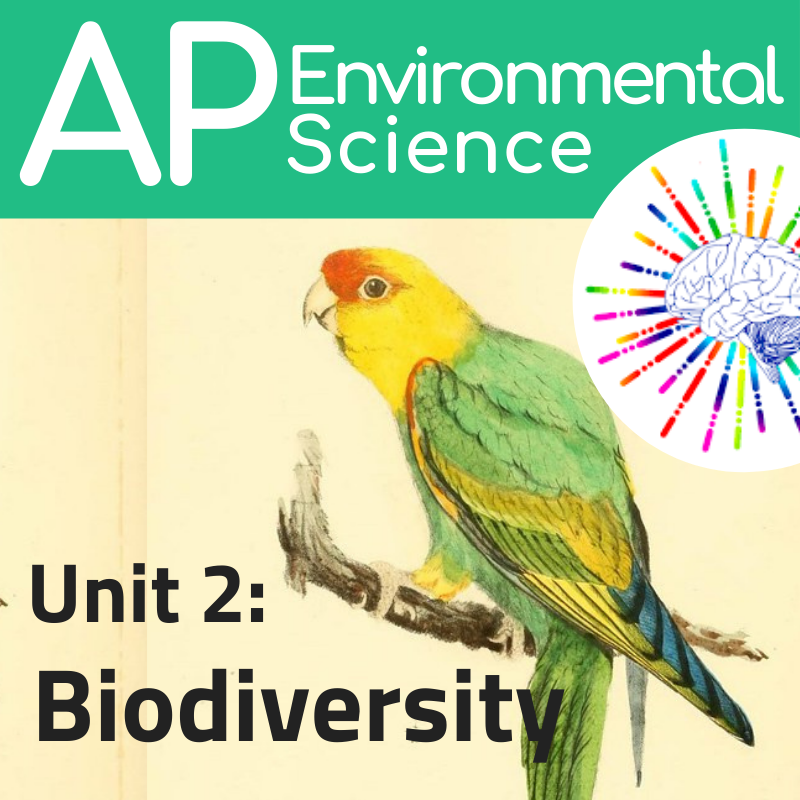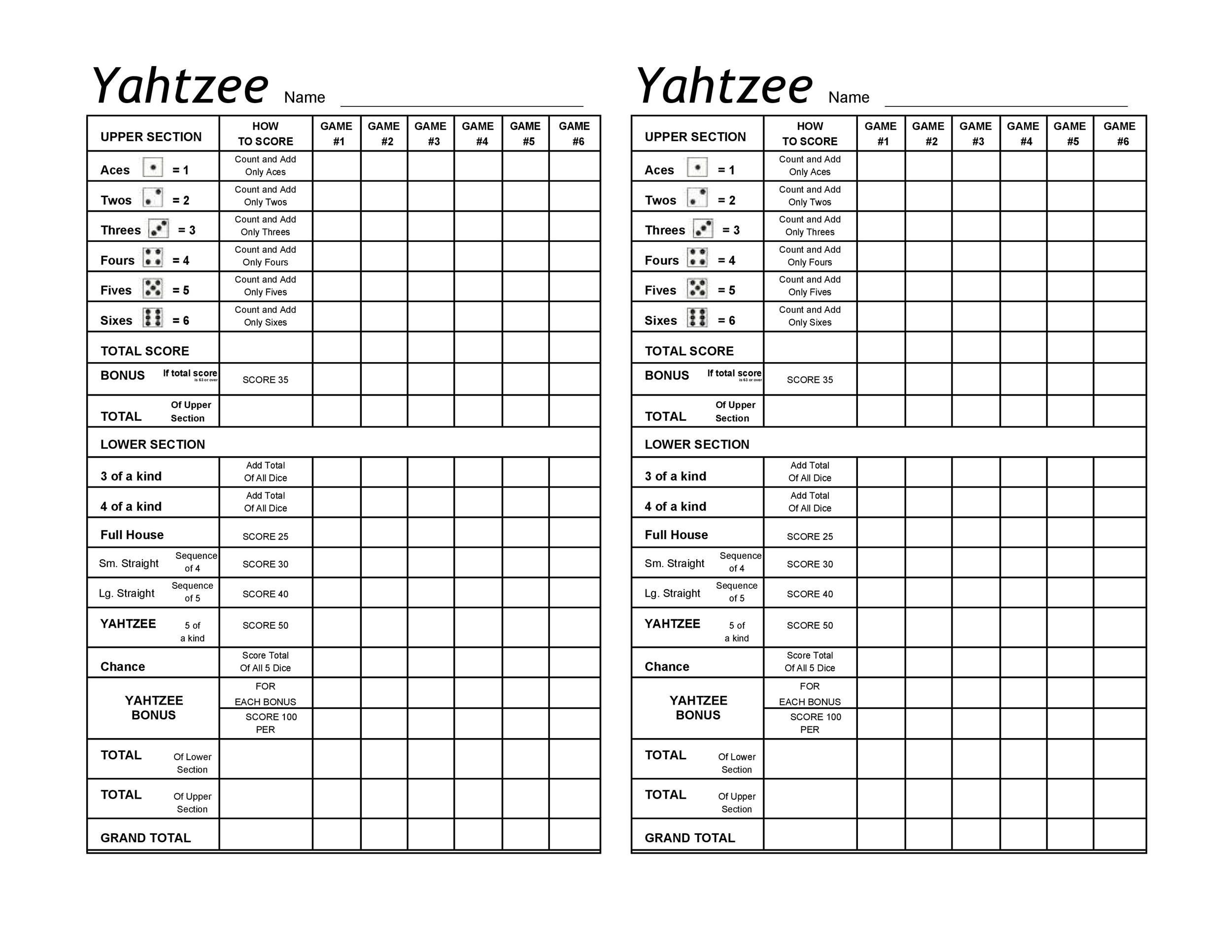
APES Unit 4 Study Guide: Essential Topics and Tips for Exam Success
Understanding AP Environmental Science (APES) Unit 4 is essential for success on the AP exam. This unit focuses on Earth’s systems and resources, diving into topics such as plate tectonics, soil composition, Earth’s atmosphere, and global weather patterns. Here’s a detailed guide to help you break down the content, understand the core concepts, and apply effective study strategies for exam readiness.
Key Topics in APES Unit 4
- Plate Tectonics and Earthquakes
- Understand the structure of Earth’s layers: the crust, mantle, and core.
- Study the types of plate boundaries (divergent, convergent, and transform) and their associated features, such as earthquakes and volcanoes.
- Focus on how tectonic activity influences Earth’s geography and contributes to natural hazards.
- Soil Composition and Formation
- Review the factors that affect soil formation, such as weathering of rock, organic matter, and climate.
- Learn the different soil horizons (O, A, E, B, and C) and their roles in supporting plant life.
- Understand soil properties like texture, porosity, and permeability, which are vital for agriculture and ecosystem health.
- Earth’s Atmosphere and Climate
- Familiarize yourself with atmospheric layers: troposphere, stratosphere, mesosphere, and thermosphere.
- Study the greenhouse effect, types of greenhouse gases, and their impact on global warming.
- Focus on how changes in the atmosphere influence climate, weather, and global biogeochemical cycles.
- Weather Patterns and Climate Zones
- Learn about the major wind patterns, including trade winds, westerlies, and polar easterlies, and how they affect climate.
- Study global climate zones and factors that influence them, like latitude, altitude, and ocean currents.
- Review El Niño and La Niña phenomena and their global impact on weather patterns.
Study Tips for APES Unit 4
- Practice Diagrams and Visuals: Draw and label Earth’s layers, plate boundaries, soil horizons, and atmospheric layers to reinforce memory.
- Use Flashcards for Key Terms: Terms like ‘lithosphere,’ ‘subduction,’ and ‘permeability’ are foundational. Flashcards can help with quick recall.
- Connect Concepts: Relate soil composition to agricultural practices or atmospheric layers to climate impacts. Understanding relationships helps with applied questions on the exam.
Additional Resources
- Online Quizzes and Practice Tests: Websites like Quizlet and AP Classroom offer practice questions and review quizzes specifically for APES Unit 4.
- Textbook and Review Books: AP Environmental Science review books contain summaries, practice questions, and exam tips that focus on each APES unit.
- Study Groups or Tutoring: Discussing complex topics with peers or a tutor can provide new insights and deepen your understanding of Unit 4 concepts.
-

 Real Estate & Travel4 years ago
Real Estate & Travel4 years agoSan Pancho Mexico Real Estate Opportunities For Your Dream Home
-

 Local Listings & Activities6 years ago
Local Listings & Activities6 years agoWe Rock the Spectrum Bradenton Inclusive Play and Sensory Gym for All Kids
-

 Education & Security4 years ago
Education & Security4 years agoInsider Threat Indicators Description and Detection Guide
-

 Relationships & Quotes6 years ago
Relationships & Quotes6 years agoAppreciation Deep Mother Quotes in Spanish
-

 Music & Concerts2 years ago
Music & Concerts2 years agoDave Matthews Band Virginia Beach Concert Guide
-

 News & Obituaries1 year ago
News & Obituaries1 year agoRobert F Kennedy Jr: Net Worth, Career and Legacy
-

 Games & Printables5 years ago
Games & Printables5 years agoFree Printable Triple Yahtzee Score Sheets PDF for Easy Game Tracking
-

 Sports & Predictions7 years ago
Sports & Predictions7 years agoLa Salle vs George Washington Prediction

纸飞机下载
July 6, 2025 at 5:35 am
It’s not often that an write-up catches me personally my own attention such as this one did. I was thinking about this info right from the start. It is an extremely good informative article with sensible opinions. Certainly.
纸飞机下载
July 7, 2025 at 5:08 am
I am impressed along with your viewpoints in this post. You’ve stated your points with really fine style and intelligence. I have to accept much of your information in this content material.
纸飞机下载
July 10, 2025 at 4:49 am
I’m no guru on this specific subject matter, but your thoughts tend to be just like mine in this field plus I value just how you’ve created this article. You are a wonderful writing talent.
纸飞机下载
July 11, 2025 at 4:37 am
This is a quite interesting article. I personally accept many of the points in this article. You have compiled a quality enlightening article. Thanks.
纸飞机下载
July 12, 2025 at 4:48 am
Nice writing skills are difficult to get nowadays. It’s evident you are a gifted as well as talented author. Your own points are very well received by me. Thank you for composing this.
纸飞机下载
July 13, 2025 at 4:30 am
In Case I let you know how frequently I’m let down by educational posts because of the bad material, you would be stunned. Your post is exciting and also full of interesting points as well as material.
纸飞机下载
July 14, 2025 at 4:15 am
I very much relished going through your write-up. I personally understand you placed a lot of hard work into this and that ought to get acknowledgement. Incredibly awesome post.
纸飞机下载
July 15, 2025 at 4:24 am
Thus it is just what happens when an author does the homework necessary to create excellent quality material. Thank you so much for sharing this extraordinary content.